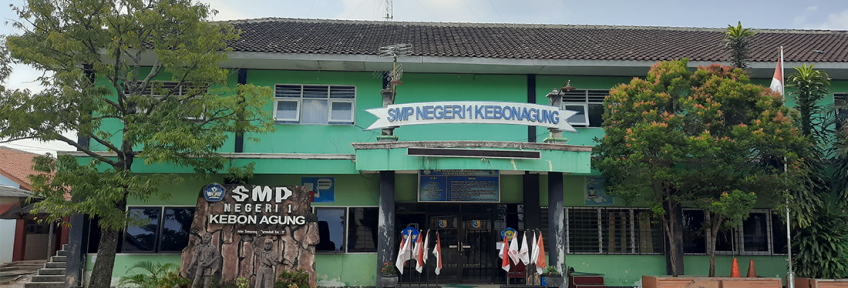Innovative response
With schools across Indonesia closed since April 2020, many students and teachers are struggling to participate in online learning. Schools have had to be creative and innovative in how they respond to the pandemic and implement learning and teaching activities to ensure education continues while chances for the virus to spread are reduced.
Nearly 60% of Pacitan District is hilly, making both physical access and internet access difficult for residents. Villages are also located relatively far from one another. Students had significant problems in participating in online classes due to a lack of infrastructure, poor mobile phone signals, and the high cost of phone data packages.
One junior high school, SMP Negeri 1 Kebonagung in Pacitan District, East Java, introduced ‘cluster schools’ at the village level in order to overcome problems with online learning. The school formed three cluster schools - one each in Gawang Village, Plumbungan Village, and Sidomulyo Village - to support students. Teachers visit the villages to carry out education activities.
Specific issues addressed and anticipated impact
The development of cluster schools by SMP Negeri 1 Kebonagung has meant that junior high school students have been able to continue their education during the COVID-19 pandemic. Without this solution, students in hilly locations or those who cannot afford internet access would not be able to access classes - schools remain shut at the time of writing (October 2020) with all learning and teaching shifted online. With this program, students are able to continue studying.
Organisations/institutions involved
SMP 1 Negeri Kebonagung (Junior High School Kebonagung 1) is the implementer of the program, supported by the Pacitan District Education Office.
Potential issues
There remains a small risk of COVID-19 for both teachers and students participating in the village-level cluster schools. To reduce this risk, learning and teaching activities are conducted with health protocols in place, such as using outdoor facilities rather than indoor, wearing masks at all times, and implementing social distancing.


